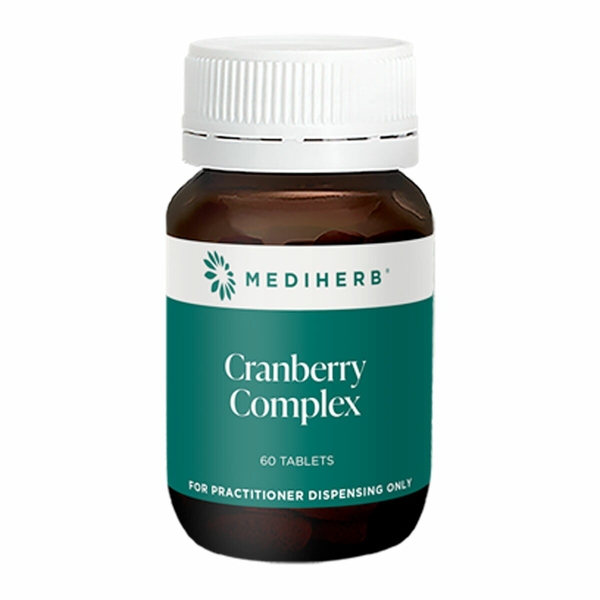
Background
Buchu is used for urinary tract infections (UTIs), including infections involving the urethra (urethritis) and kidneys (pyelonephritis). It is also used by mouth for treating inflamed prostate (prostatitis), benign prostatic hyperplasia (BPH), high blood pressure, fever, cough, common cold, upset stomach, stomach ulcers, irritable bowel syndrome (IBS), gout, and sexually transmitted diseases (STDs).
Buchu is applied to the skin as an insect repellant, as a deodorant, and for skin infections.
In manufacturing, the oil from buchu is used to give a fruit flavor (often black currant) to foods. It is also used as a fragrance in perfumes and colognes.
Safety Safety definitions
Special Precautions & Warnings:
Pregnancy and breast-feeding: Don’t use buchu in amounts that are larger than usual food amounts if you are pregnant. Buchu is LIKELY UNSAFE when taken during pregnancy. There have been reports linking buchu to miscarriages.If you are breast-feeding, buchu is POSSIBLY SAFE in food amounts, but don’t take larger amounts. Not enough is known about the safety of buchu during breast-feeding.
Bleeding disorders: Buchu might slow blood clotting and increase bleeding. In theory, buchu might make bleeding disorders worse.
Kidney infections: Even though some people use buchu for kidney infections, health experts advise against this.
Liver problems: Large amounts of buchu may cause liver problems, even in healthy people. Therefore, people with a history of liver problems should avoid buchu. Taking a large amount of buchu might make liver disease worse.
Urinary tract inflammation: Don’t use buchu if you have pain and swelling in the urinary tract.
Surgery: Buchu might slow blood clotting. There is some concern that it might increase the risk of bleeding during and after surgery. Stop using buchu at least 2 weeks before a scheduled surgery.
Effectiveness
- Urinary tract infections (UTIs).
- Inflamed prostate (prostatitis).
- Benign prostatic hyperplasia (BPH).
- High blood pressure.
- Fever.
- Cough.
- Common cold.
- Upset stomach.
- Stomach ulcers.
- Irritable bowel syndrome (IBS).
- Gout.
- Sexually transmitted diseases (STDs).
- Skin infections.
- Other conditions.
Dosing & administration
Interactions with pharmaceuticals
Lithium
Interaction Rating=Moderate Be cautious with this combination.
Buchu might have an effect like a water pill or "diuretic." Taking buchu might decrease how well the body gets rid of lithium. This could increase how much lithium is in the body and result in serious side effects. Talk with your healthcare provider before using this product if you are taking lithium. Your lithium dose might need to be changed.
Medications that can harm the liver (Hepatotoxic drugs)
Interaction Rating=Moderate Be cautious with this combination.
Buchu might harm the liver. Taking buchu along with medications that also harm the liver might increase the risk of liver damage.
Some medications that can harm the liver include acetaminophen (Tylenol and others), amiodarone (Cordarone), carbamazepine (Tegretol), isoniazid (INH), methotrexate (Rheumatrex), methyldopa (Aldomet), fluconazole (Diflucan), itraconazole (Sporanox), erythromycin (Erythrocin, Ilosone, others), phenytoin (Dilantin), lovastatin (Mevacor), pravastatin (Pravachol), simvastatin (Zocor), and many others.
Medications that slow blood clotting (Anticoagulant / Antiplatelet drugs)
Interaction Rating=Moderate Be cautious with this combination.
Buchu might slow blood clotting. Taking buchu along with medications that also slow clotting might increase the chances of bruising and bleeding.
Some medications that slow blood clotting include aspirin, clopidogrel (Plavix), diclofenac (Voltaren, Cataflam, others), ibuprofen (Advil, Motrin, others), naproxen (Anaprox, Naprosyn, others), dalteparin (Fragmin), enoxaparin (Lovenox), heparin, warfarin (Coumadin), and others.
Interactions with herbs & supplements
Herbs and supplements that slow blood clotting: Buchu might slow blood clotting. Using it along with other herbs or supplements that might also slow blood clotting could increase the risk of bruising and bleeding. Some of these herbs are angelica, clove, danshen, garlic, ginger, ginkgo, Panax ginseng, and others.



